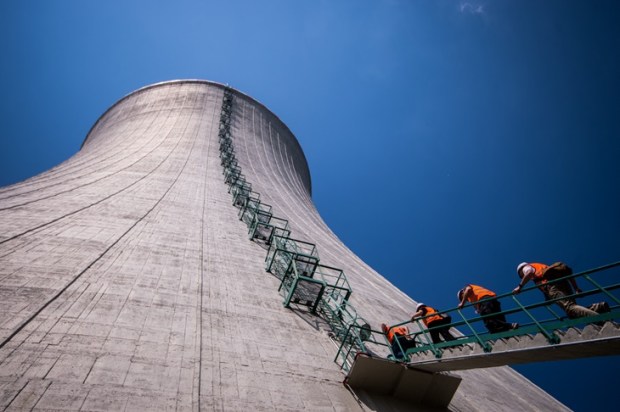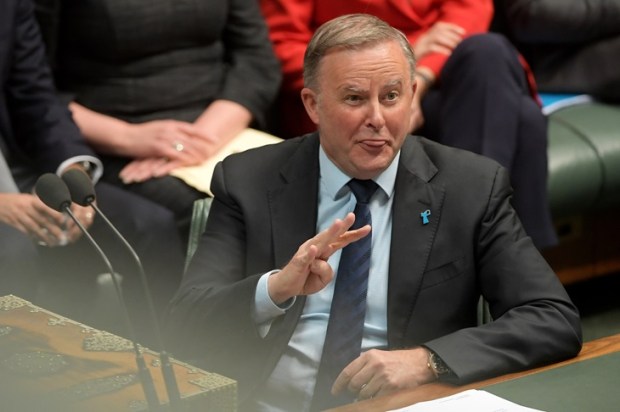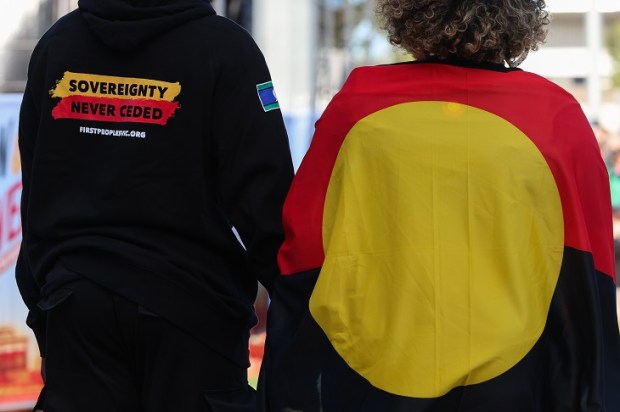Prime Minister Anthony Albanese announced soon after being elected that he would move a Constitutional amendment to include an Indigenous Voice to Parliament.
The particulars of the amendment have not been made obvious to the public. When the Leader of the Opposition, Peter Dutton, sent a letter requesting answers to 15 questions about the proposed amendment he received a quick rebuke from Mr Albanese suggesting he read a 282-page report completed in July 2021 called, The Indigenous Voice Co-design.
In order to have some idea of the significance of the proposed amendments to the Australian public, it is necessary to read the Australian Constitution Act 1901 and the 282-page report referred to above.
The Australian Constitution Act 1901 is the fundamental law of the nation which was specifically designed to protect the Australian people from tyranny. A task it has succeeded at for 122 years. It sets out the way laws are to be made and the precise areas where it can impact on the everyday lives of all Australians.
The Australian Constitution incorporates the government’s power and authority to make laws on marriage, divorce, medical assistance, higher education, insurance, employment, social security, pensions, defence, crime, acquisition of property, freedom of trade between states, election of High Court judges, trial by jury, freedom of religion, immigration, trade and finance, alteration of state boundaries, formation of new states, power to define the jurisdiction and many more areas of everyday life.
Every member of the Australian public, including Aboriginal and Torres Strait Islander people, are in some way affected and also protected by the Australian Constitution.
The Albanese government intends to amend this law, but needs public support to do it. The Australian Constitution has a tyranny protection section inserted into it which stipulates that it can only be amended by the people in the form of a referendum. The Albanese government is proposing a referendum.
The Indigenous Voice Co-design report may provide some insight into the proposed and potentially detrimental amendments to the Australian Constitution. Insight, which the Albanese government refuses to provide or explain.
The Co-design report calls the Voice the National Voice which would advise Parliament on the needs and aspirations of Aboriginal and Torres Strait Islander peoples. Such advice could be given without the need for a Constitutional amendment.
The National Voice would determine which issues to advise on. There would be no restriction on this. Advice would focus on National level issues. Since, as mentioned earlier the Australian Constitution impacts on every aspect of every Australian’s life the National Voice would have jurisdiction to advise Parliament on the impact of every law enacted by the Federal Parliament. The report states: ‘Consultation process will commence at the earliest possible stage in the development of the proposed law or policy.’ See page 160 of the report. The National Voice therefore has input on policy, not just laws.
There is an expectation that the Parliament consult with the Voice.
It is unclear what happens if Parliament or government chooses not to consult the National Voice on any law or policy. For example, if Parliament fails to consult the National Voice on any proposed law or policy what can members of the Voice do about it? If the answer to that question is nothing, then what is the need for a national Voice in Parliament?
If the Federal Parliament cannot pass any laws without the signing off by the National Voice then a second chamber of Parliament is created which is precisely what Mr Albanese denied would eventuate.
Prime Minister Albanese is not prepared to articulate what parts of the report will find their way into the proposed law or how Australians benefit by such a radical constitutional amendment.
In fact, Attorney-General Mark Dreyfus added that the government’s working group was still ‘nutting the details of the Voice’, with meetings scheduled for as late as February 2023. In other words, the government does not know any final details at this stage.
On January 10, 2023, Hannah Wootton of the Financial Review reports on Prime Minister Albanese’s attempt to explain the Voice on 2GB radio. Mr Albanese explained ‘…the Voice isn’t above Parliament it’s subservient to it.’
This is an interesting choice of words by Mr Albanese. The dictionary meaning of the word ‘subservient’ is ‘prepared to obey others unquestionably. Useful in an inferior capacity: subordinate’. Does this give us the Australian people an insight into Mr Albanese’s thinking?
The members of the Voice, whoever they may be, are Australian citizens. And like all Australian citizens they are subservient to no one and certainly not their own Parliament. In a democracy it is the members of Parliament who serve the Australian people. In his Gettysburg address in 1863, American President Abraham Lincoln defined a democracy as ‘the government of the people, by the people and for the people’.
There can be no greater example of a democracy when the people, and not Parliament, will decide on a law that will have an impact on the day-to-day lives of every Australian. We can protect our Australian Constitution and therefore we protect ourselves against tyranny.
We, the people, can say directly to Prime Minister Albanese if you propose changes to something which is already protecting us from tyranny then you provide every detail, in writing relating to the proposed law. Provide open and transparent debate presenting both sides. When asked questions formally in writing answer them formally in writing and make all such correspondence publicly available.
If Mr Albanese and government members purporting to represent the public in Parliament truly are requesting a mandate from the Australian people, then they should have the courage and integrity to ensure it through honest and open interaction.
The Australian people deserve nothing less than complete transparency from Prime Minister Albanese when he is asking them to amend the most significant and defining law in the country, the Australian Constitution Act.

























